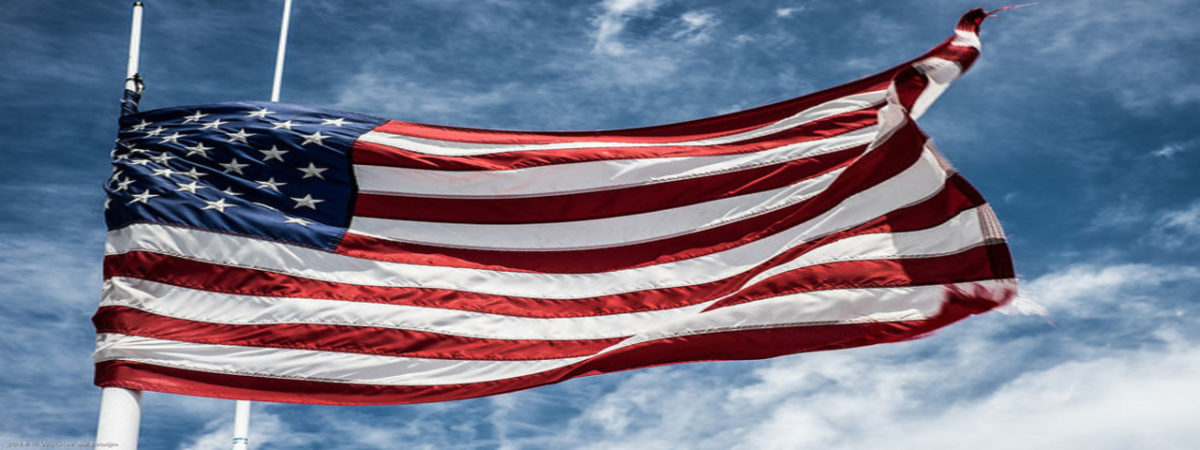Donald Trump’s war with Amazon will deepen the swamp
SUGGESTED



Forget Donald Trump’s escalation of a trade war with China, his fire at Amazon is arguably more dangerous for the long-term health of the US business environment.
A thriving market must be underpinned by the rule of law, and due process. On Amazon, Trump seems intent on concocting justification for policies which would hurt the online giant financially. The broader effect could be chilling.
After one week and four aggressive tweets from Trump, Amazon’s share price initially fell 10 per cent. Emboldened, Trump is ramping up the pressure: raising the prospect of investigations into Amazon’s effects on competition, removing government contracts from the company, or threatening higher postal costs through the US Postal Service (USPS).
What exactly has the company done to warrant this? Trump loyalists have thrown the kitchen sink at Jeff Bezos’ firm. Breitbart London’s Raheem Kassam has accused the company of “cross sector dominance, tax avoidance, political interference, market distortion tactics, crowding out, spyware, [and being a] strain on public utility”.
Put aside the pseudo-economic mumbo-jumbo and add “it hurts bricks and mortar retailers”, and you have the full house of bad reasoning.
Yes, Amazon is a huge company. Its success has made Bezos the richest man in the world. It has 43 per cent of the US ecommerce market. Some 90m Americans are estimated to have access to Amazon Prime accounts.
But precisely because Amazon competes in larger markets, it is a monopoly in none. In the retail sector, it is estimated to account for just four per cent of the value of US sales. It is far from a monopolist in digital entertainment.
Sure, Amazon is building an incredible network, and could rapidly increase market share in these sectors. But antitrust actions are only usually justified when that occurs and market power is harming consumer welfare. Far from doing that, the company seems to be harnessing economies of scale, broadening access to products at low prices for consumers.
Despite the rhetoric, Amazon fully complies with sales taxes across US states. It pays little in corporate taxes is because it reinvests so much into the company. A recent Bloomberg analysis concluded that it overtook Volkswagen in 2016, becoming the largest corporate research and development spender worldwide, developing new technologies and products.
No doubt Amazon’s success adversely affects incumbent businesses. The President’s old mates in real estate will suffer, and businesses which lose customers will fail and employ fewer people.
But this is no justification for government “taking action”.
Incumbents get usurped by new firms with modern technologies in all industries. Amazon itself is creating thousands of new positions as a result – 50,000 at its proposed second headquarters alone. What’s more, the savings on prices for consumers leave them with higher disposable incomes to spend in other markets. This is how we all get richer.
It is true that the USPS agreed a bespoke deal with Amazon which gives it advantages relative to other firms. This could indeed be construed as an implicit taxpayer subsidy. But overall packages are a growing source of income for the USPS – it is other areas such as first-class mail where business is plummeting. The real policy solution here is to privatise the USPS entirely and see what market structures and pricing arise.
President Trump is aware of all this evidence, but still persists with the anti-Amazon agenda. Why?
Insiders claim the most likely explanation is his disdain for Bezos, who also owns the Washington Post newspaper, the editorials of which have been frequently critical of Trump’s presidency.
This is the most worrying aspect. Making the business of government the government of business with such arbitrary, politically-motivated attacks on individual companies risks far broader economic consequences than for Amazon’s share price.
Once businesses know they can feel the wrath of the President given his tastes and preferences, it will change the way companies operate and where investments are made.
Businesses will be incentivised to invest more in lobbying, government relations, and political donations to appease the President, rather than focusing their innovative energies on their customers. It will dampen entrepreneurial activity if the easier path for investors and big business is to become a “favourite” of the administration or invest in sectors he likes.
That is why it is somewhat ironic that the President has used Amazon’s large $13m 2017 lobbying budget as evidence that it is engaged in nefarious activities.
As Trump wades in, threatening to hurt individual businesses, it will encourage – not discourage – businesses to cosy up to politicians like him. Far from draining the swamp, actions such as Trump’s risk deepening it.
This article was first published in City AM.




